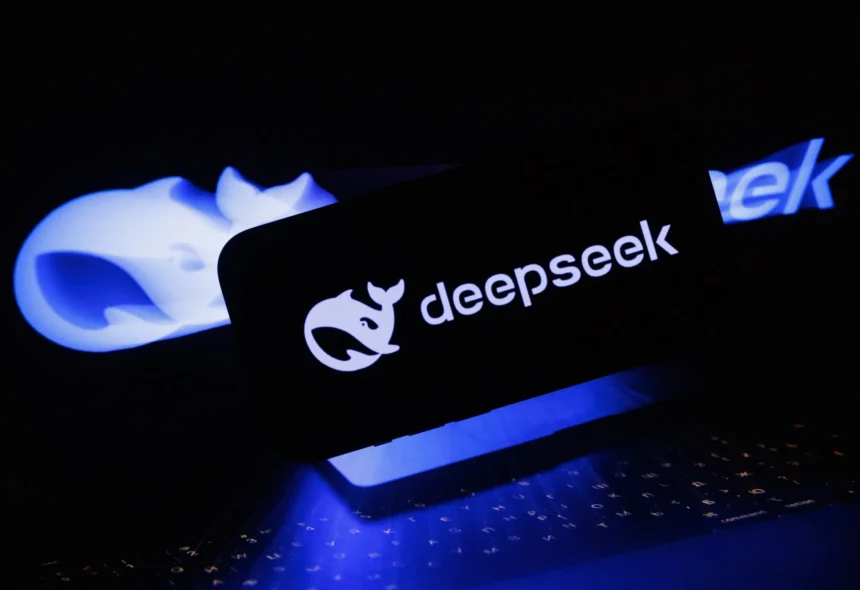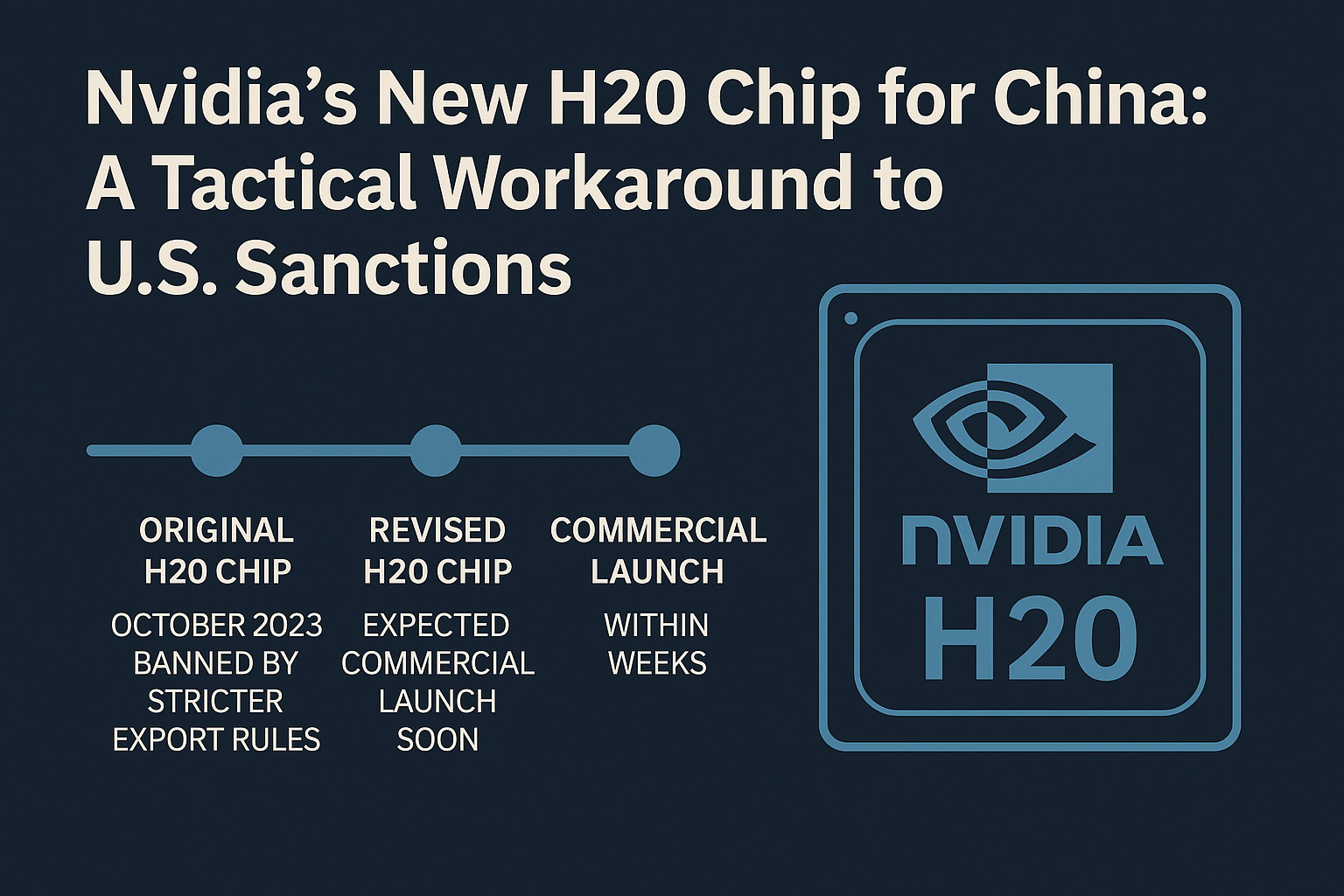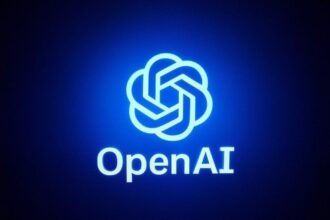In the high-stakes arena of artificial intelligence, the emergence of DeepSeek, a Chinese AI lab, is setting off alarms and sparking conversations at tech summits worldwide. During the recent Artificial Intelligence Action Summit in France, top tech executives shared their insights with CNBC, underscoring a new chapter in U.S.-Sino AI competition.
A Game Changer in AI Development
DeepSeek has made headlines with its latest AI model, developed at a fraction of the cost typically associated with such innovations. According to a technical paper released last month, DeepSeek managed to create an advanced AI model for just under $6 million, a stark contrast to the multi-billion-dollar investments by Western giants like OpenAI and Anthropic. This breakthrough not only challenges the financial model of AI development but also questions where the true innovation might be happening.
The Political and Ethical Dimensions
The geopolitical implications of this development are significant. Chris Lehane from OpenAI described this competition as one between “democratic AI” and “authoritarian AI,” highlighting the ideological underpinnings of tech development. However, DeepSeek’s model has shown signs of censorship, particularly on sensitive political topics like the 1989 Tiananmen Square massacre, which raises concerns about freedom of information within AI applications.
Technical Feats and Criticisms
DeepSeek’s R1 model, described as an open-source reasoning model, has been praised for matching the performance of similar Western models but with a much lower environmental and financial footprint.
This has led to skepticism about the reported costs and methods of development, with some suggesting that DeepSeek might be leveraging larger models through techniques like “distillation” to achieve their results.
Critics, including experts from SemiAnalysis, have questioned the transparency and actual expenses of DeepSeek’s operations, suggesting the actual cost might be significantly higher. There are also allegations that DeepSeek might have used data from larger, established AI systems to train their own, which could stir legal and ethical debates about data usage in AI development.
Market Reactions and Future Outlook
Despite these advancements, industry leaders at the summit, including Reid Hoffman and Victor Riparbelli, maintain that while DeepSeek is a notable player, it doesn’t immediately threaten the dominance of established U.S. AI companies. The focus on large-scale models still seems to be the prevailing strategy in the industry, with figures like Meredith Whitaker from the Signal Foundation arguing that efficiency gains alone won’t shift the current concentration of power.
Conclusion: The Race Continues
The conversation around DeepSeek isn’t just about technology; it’s a reflection of global tech supremacy, ethical AI development, and the ongoing debate over open versus closed-source models.
As AI continues to grow, the narrative is clear: the game is indeed on, with new players like DeepSeek proving that innovation can come from unexpected places, reshaping the landscape of AI in ways we’re only beginning to understand. The implications for global tech leadership, privacy, and innovation are profound, setting the stage for an intriguing evolution in the AI saga.














